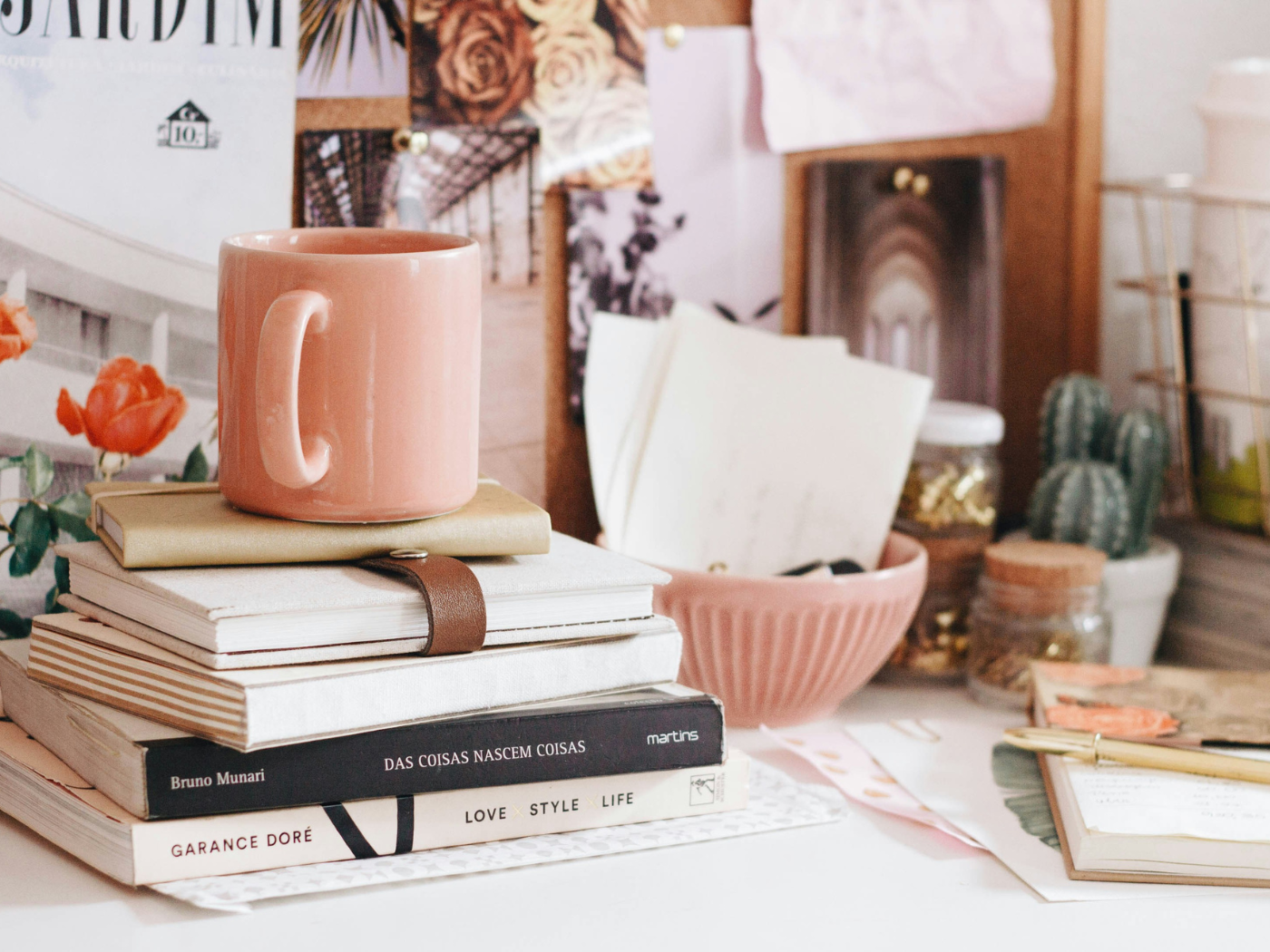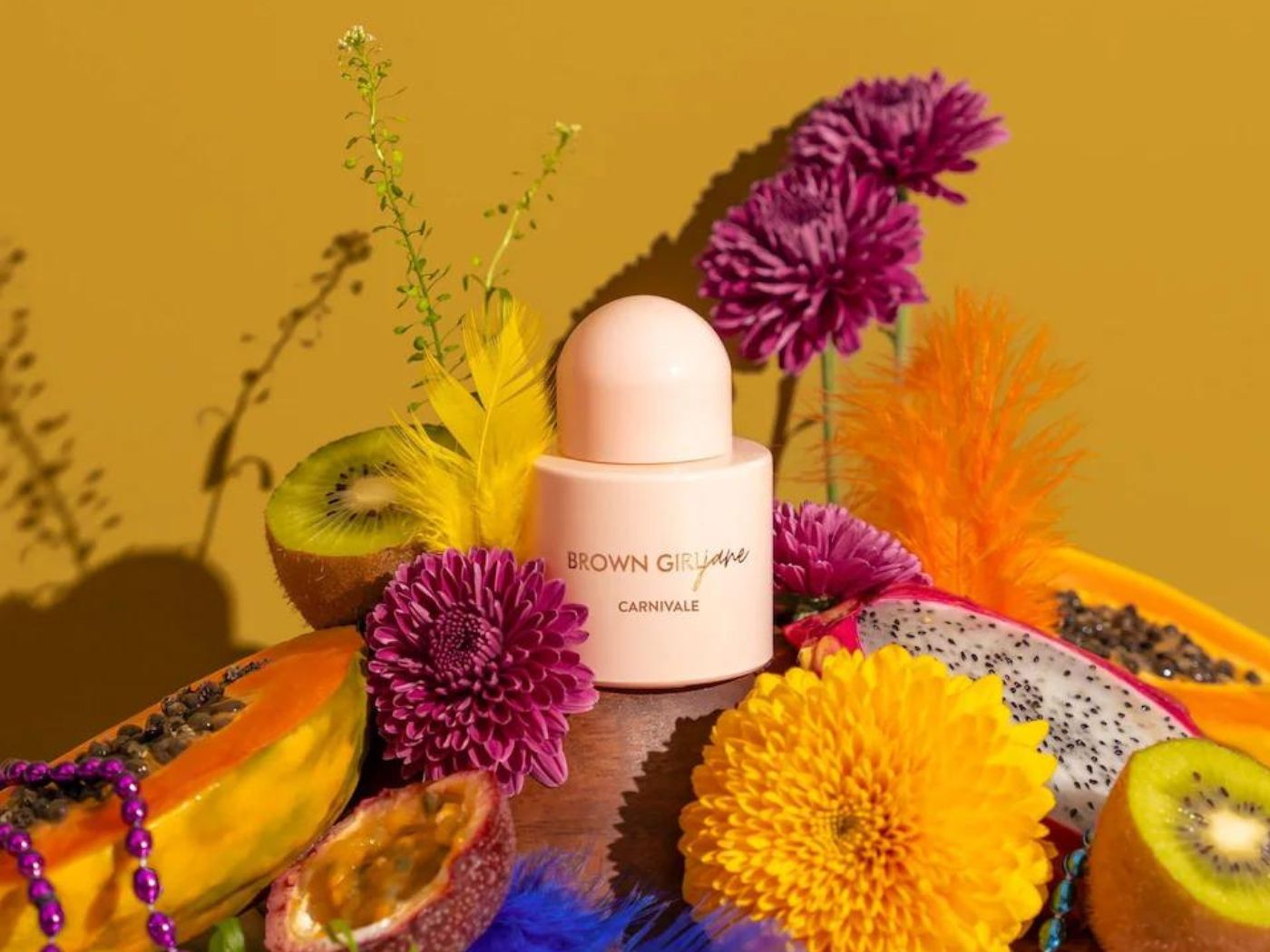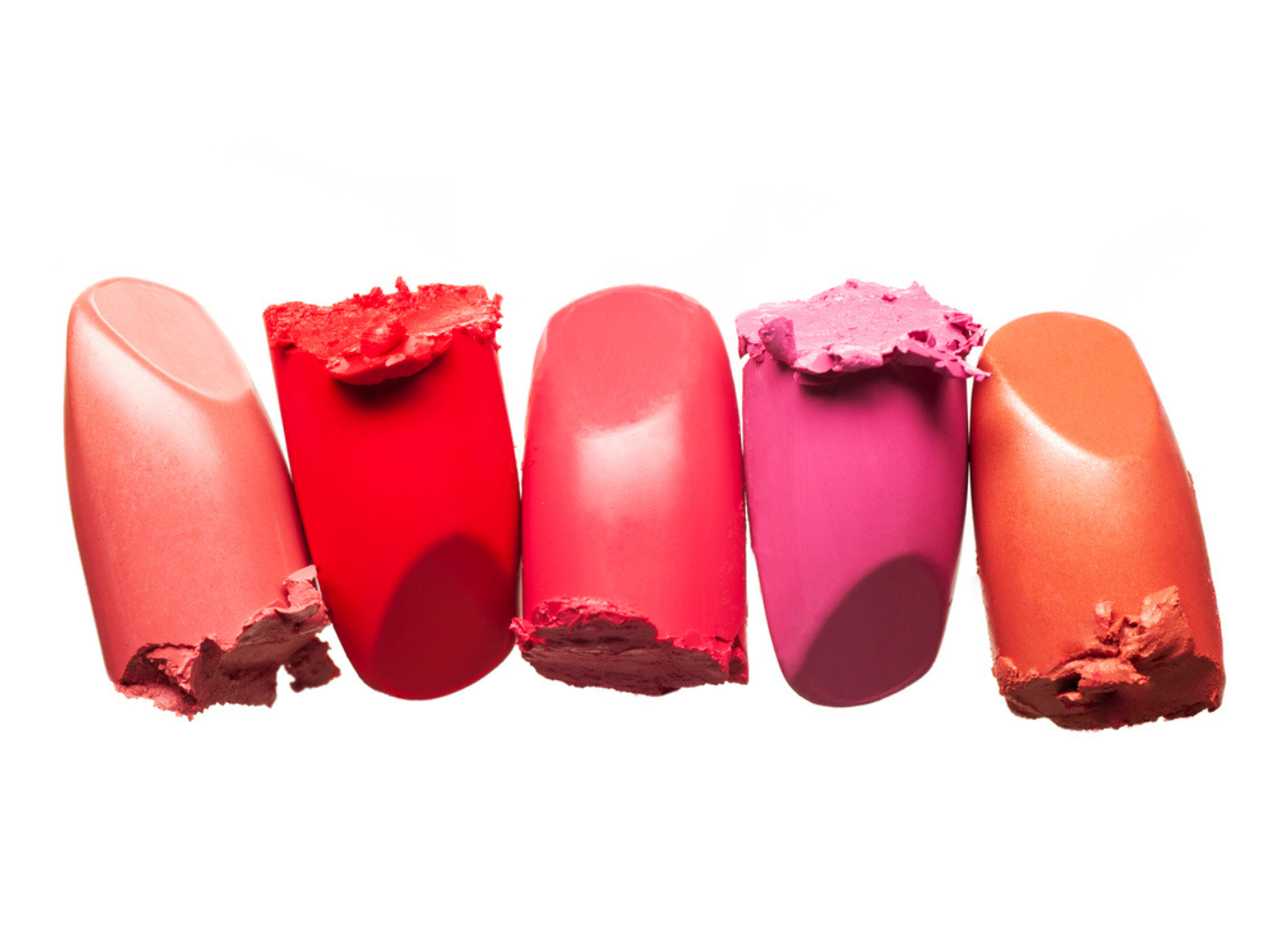A combination of high household debt and weak exports made for a sluggish economy in South Korea in 2014. This year, the country’s GDP is projected to grow by 3.4%, according to government bodies, and is expected to increase by around 3.7% between 2015 and 2019. In March, the government said that a recovery in domestic consumption had not yet taken root.
However, within this unstable economic environment, the beauty market is seeing solid growth. According to figures from Euromonitor International, South Korea’s beauty and personal care market saw a sales increase of 6.3% in 2014 to $10.43 billion. Prestige beauty sales rose by 5.6% to $4.56 billion, while the mass business reported a more robust increase of 7% to $4.88 billion. “Korea’s selective beauty market started to recover from the second half of 2014 and began to stabilize at the beginning of this year,” said Nicolas Debray, Division General Manager of L’Oréal Korea Luxe.
In contrast to the morose local economy, beauty’s growth has been fueled by the increasing number of Asian tourists, mainly Chinese shoppers visiting the country. Industry sources say that Chinese shoppers currently account for around one third of all luxury sales in the country. Statistics from the Korea Tourism Organization show that the number of Chinese tourists visiting South Korea rose by 42% in 2014, and Chinese tourist numbers are forecast to increase by around 20% per year until 2020.
Beauty is high on these visitors’ shopping lists: a survey by the tourism board in 2013 reported that beauty topped the list as the product category that tourists most wanted to purchase while in the country. Tourists’ spend on beauty is predicted to double within the next five years.
The market’s number-two beauty player, LG Household & Healthcare (LG H&H), which said that the market was challenged last year due to continued slow consumption on the domestic front, reported that demand from foreign shoppers, especially the Chinese, had a positive impact on its business in 2014. Sales from its Beautiful cosmetics division, for example, nearly tripled in Korean duty-free shops last year compared to 2013.
Korean products are not just attractive due to what is seen as their innovative formulas, but they are also popular with Asian tourists because they tend to be sold at lower prices than in these shoppers’ home markets, and there is less of a risk of buying counterfeit items in Korea than in China. The popularity of Korean culture—its soap opera and K-pop music stars—continues to boost the renown of local products throughout Asia. Some industry watchers predict that Korea may soon replace Hong Kong as the Chinese tourist’s shopping destination of choice.
To read BW Confidential’s full report on beauty in South Korea go to: www.bwconfidential.com.



